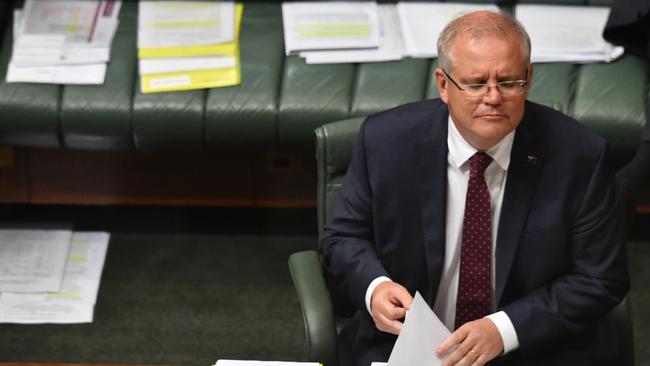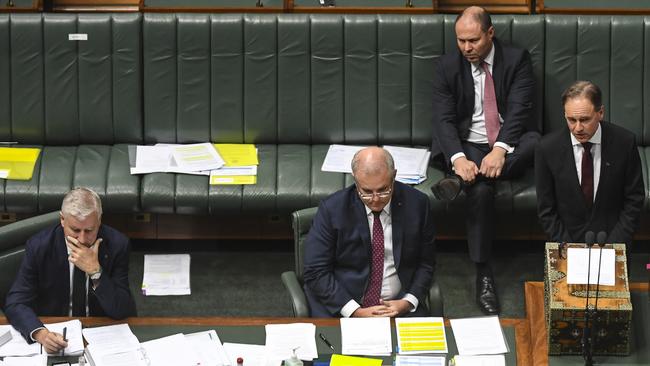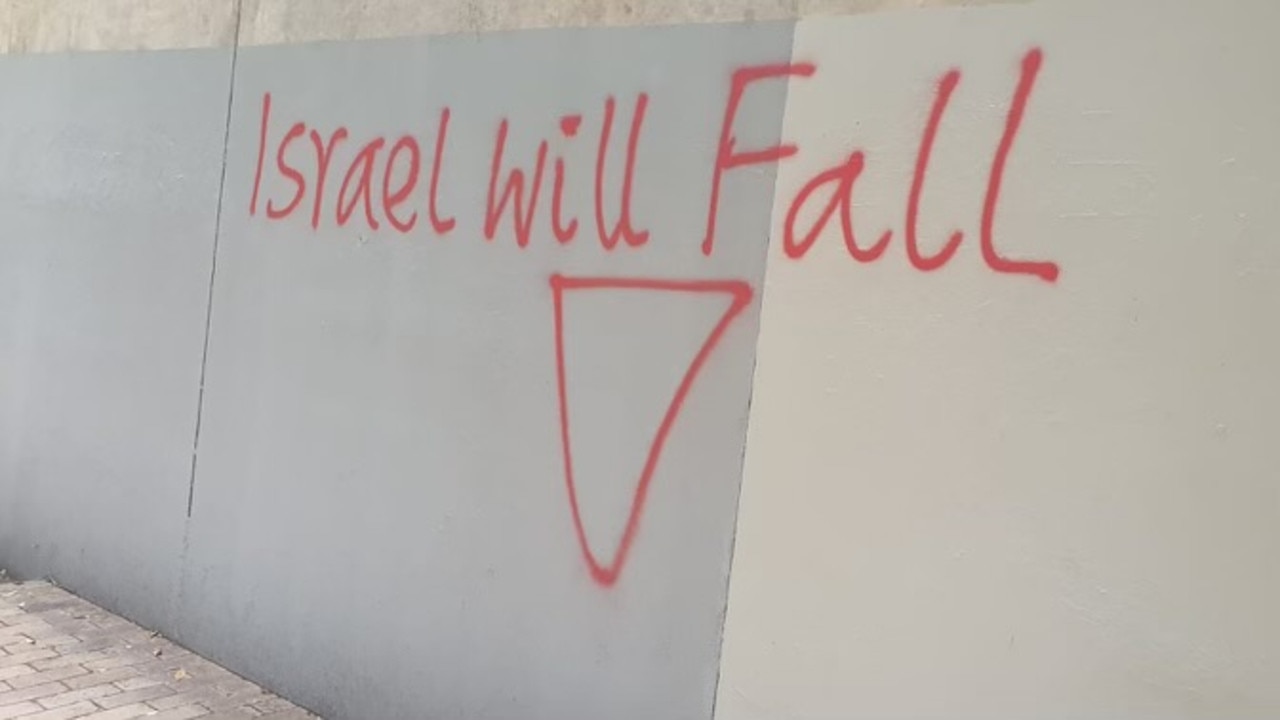
The decision to shut down parliament until August goes against the entire underpinnings of our Westminster political democracy. The argument that it practically needs to happen is just rubbish.
Parliament kept operating through both World Wars. It operated during the Great Depression and even the Spanish Influenza of 1919. In those days we didn’t have the technology nor know-how we do today to make it even easier to keep parliament open, whether from a transport or communications perspective.
The same reason that well prepared private schools have seamlessly moved to online learning systems is the reason the nation’s parliament could operate — at the very least — as a virtual chamber if necessary. Or as it did this week with social distancing and limited attendance.
What message does it send culturally that parliament is apparently so irrelevant it can pack up until the second half of the year without concern?
Our democracy is not about the executive running the joint without parliamentary oversight — especially in times of crisis when scrutiny and accountability become even more important.
While parliament inevitably includes no small degree of buffoonery, the role of Question Time and the platform the chamber gives individual MPs to voice the concerns of their local communities is vital. As are the committee processes.
It is also how the plurality of our society is adequately represented. The Senate helps give smaller states a voice. The opposition ensures a large cohort of the community who did not back the election of the Morrison government also has a voice. Which is all the more important when the Opposition have been deliberately excluded from the National Cabinet.
Anthony Albanese has said that he opposes the shut down of parliament.
Without parliament minor parties and independents are completely shut-out. The role of the media only becomes more important when parliament has a closed for business sign popped out the front of it for five months, if not longer.
Let’s hope our dictating executive continue to deem the media an essential service or else even the scrutiny of the 4th Estate will dry up as well. How good is Australia.
And don’t forget, parliament also better facilitates internal scrutiny within the government itself: giving the government backbench the opportunity to be heard and air concerns — sometimes as a collective, sometimes individually.

Look at all the reasons we need parliament to adequately scrutinise the executive at the moment: line-ups traversing block after block as Centrelink struggles to provide the services Australians need; its website crashing when basic planning should have prevented such a failure; contradictory messages between the Commonwealth and the States. The list goes on.
It was only because parliament sat yesterday that students got the $550 support they did under stimulus legislation. Because the opposition used the parliamentary process to push the issue and the government shifted its position.
Which is to make no mention of the value parliament can offer in scrutinising the big decisions: school closures, shutdowns, timing around social distancing, and what should or should not happen next as the executive makes important decisions fighting this virus.
We have seen some commentators actually try and advocate less media scrutiny of these executive decisions (which I find truly extraordinary). Imagine even less media scrutiny of failures and late or incorrect decision making without parliamentary oversight.
While some of the dictatorships around the world seem to be handling the epidemic better, who would really know given the lack of openness and transparency coming out of places like China. Besides, their apparent successes in dealing with this virus are more causally linked to what they learnt fighting previous viruses like SARS and swine flu, than any lack of parliamentary accountability within their political systems.
Peter van Onselen is political editor for Network 10 and professor of politics and public policy at the University of Western Australia and Griffith University.







